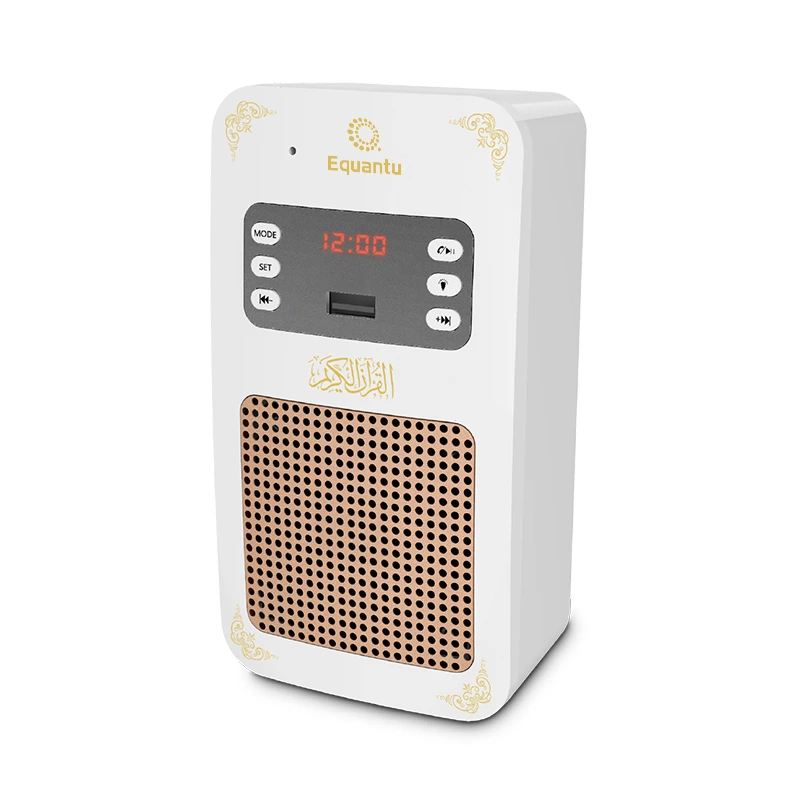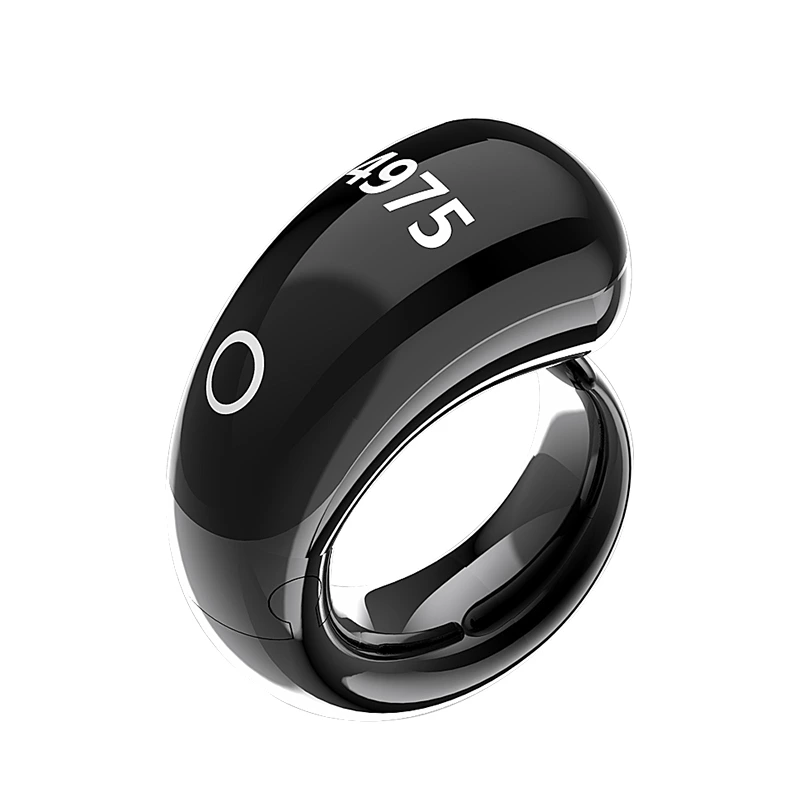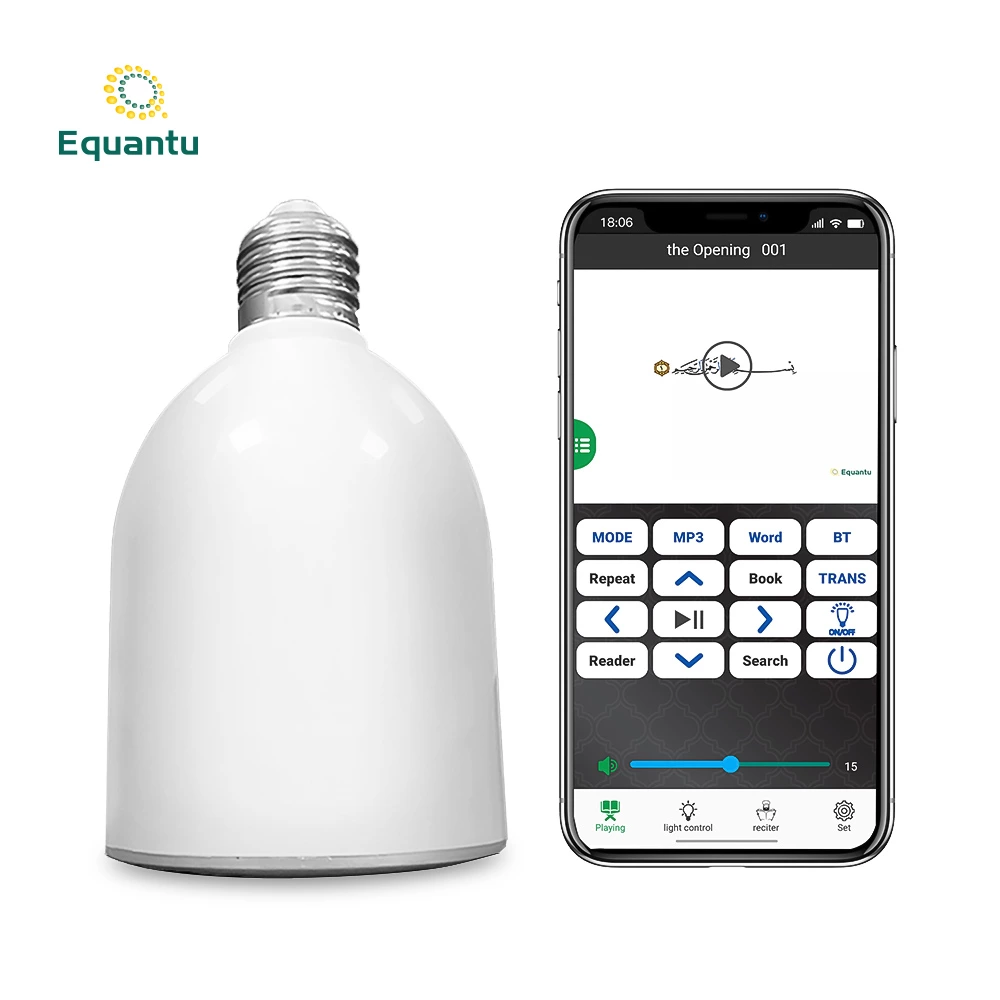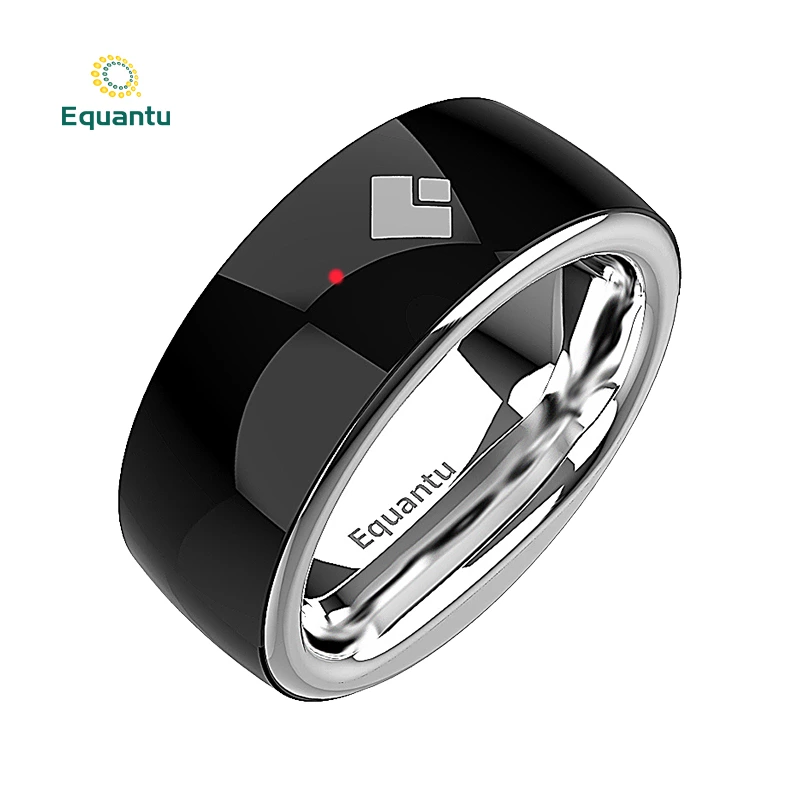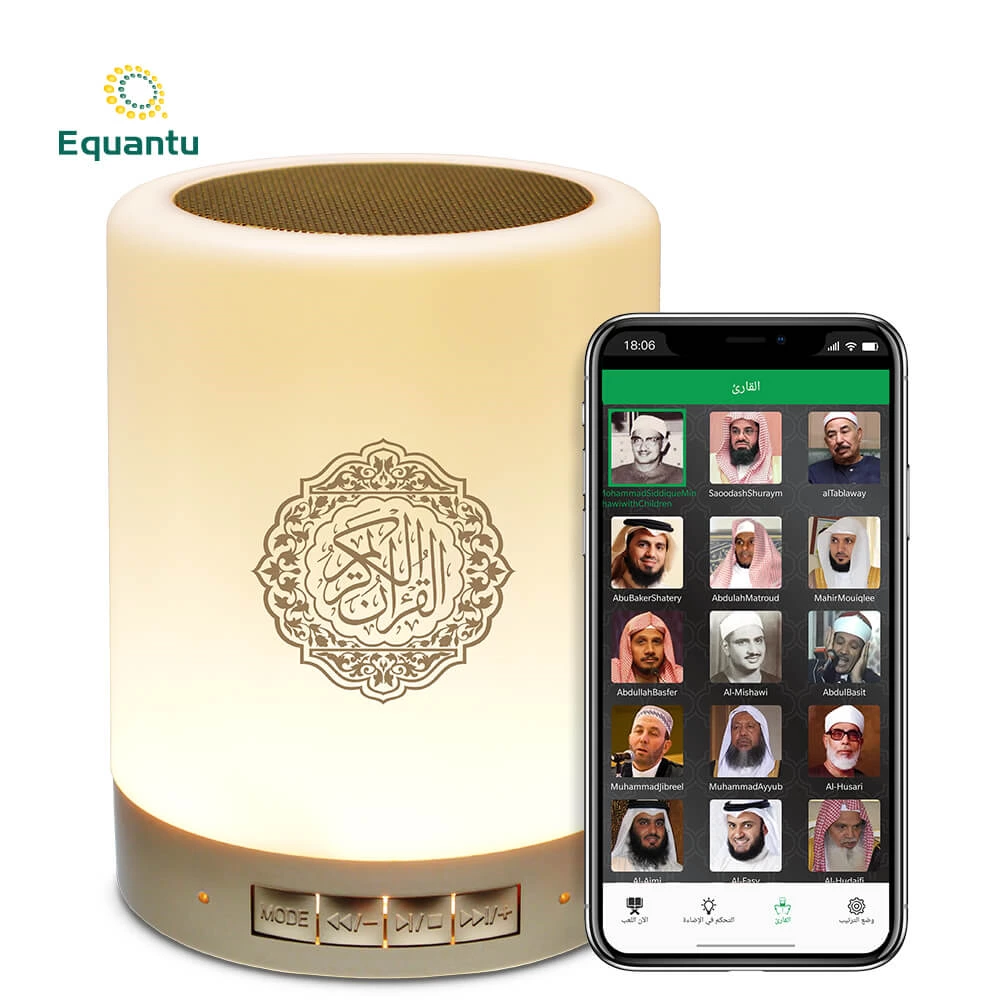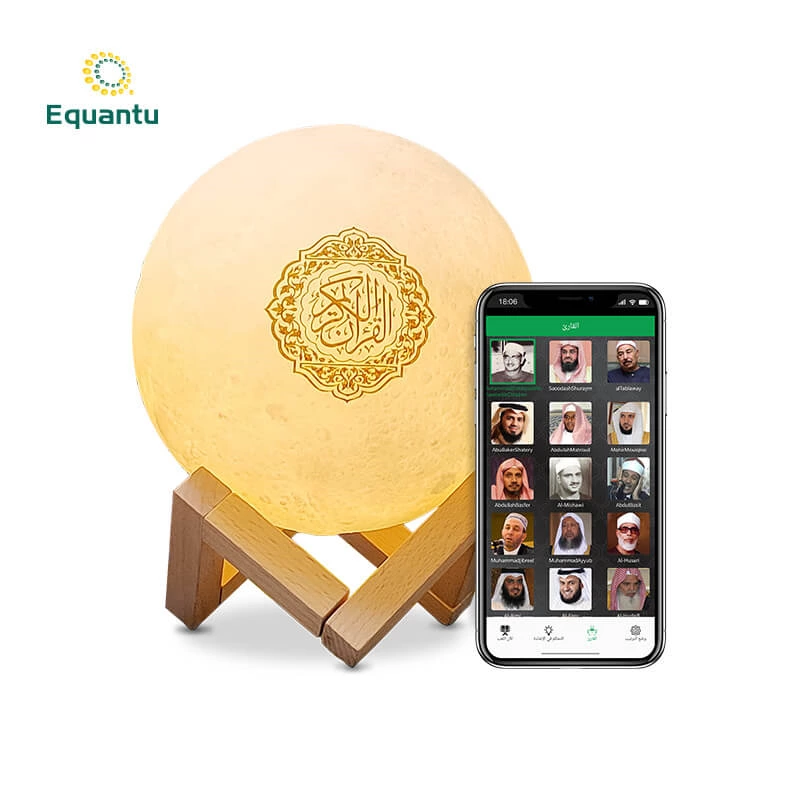Fundamental Principles of Islamic Inheritance
Islamic inheritance laws are designed to ensure that wealth is distributed fairly among heirs, preventing the concentration of wealth in the hands of a few. The fundamental principles include:
- Fixed Shares: The Quran specifies fixed shares for certain relatives, ensuring that each entitled heir receives a predefined portion.
- Priority of Closeness: Immediate family members, such as spouses, children, and parents, have priority over more distant relatives.
- Gender Considerations: Sons typically receive twice the share of daughters, reflecting their financial responsibilities.
Key Entitled Heirs and Their Shares
The Quran outlines specific shares for various relatives, ensuring a structured distribution of the estate. Key entitled heirs include:
Spouses
-
- Widow: Receives one-eighth of the estate if there are children, and one-fourth if there are no children.
- Widower: Receives one-fourth of the estate if there are children, and one-half if there are no children.
Children
-
- Sons: Each son receives twice the share of a daughter, as prescribed in Surah An-Nisa (4:11).
- Daughters: Each daughter receives half the share of a son.
Parents
-
- Each parent receives one-sixth of the estate if the deceased has children.
Grandparents
-
- Grandparents may receive a share if there are no children or if the children do not exist.
Siblings
-
- In the absence of direct descendants, siblings may inherit according to specific rules.
Special Circumstances and Additional Heirs
In cases where there are no immediate family members, the estate may be distributed to more distant relatives. Additionally, Islamic inheritance laws account for various family dynamics:
- Multiple Marriages: Shares are adjusted to accommodate multiple wives or husbands, ensuring that each receives their due portion.
- Adopted Children: While adopted children are not automatically entitled to a share under Islamic law, provisions can be made through bequests (Wasiyyah).
Exclusions and Conditions
Certain relatives may be excluded from inheritance if more entitled heirs exist. For example, if the deceased has children, parents inherit their fixed shares, and more distant relatives are excluded.
Integration with Equantu’s Quran Speakers and Zikr Rings
Equantu’s products enhance the understanding and adherence to Islamic inheritance laws by providing continuous spiritual and educational support:
- Quran Speakers: Installing Quran Speakers in study areas allows individuals to listen to Quranic verses related to inheritance and fairness, deepening their understanding of Mirath.
- Zikr Rings: Wearing Zikr Rings serves as a personal reminder to uphold the principles of justice and equity in all aspects of life, including estate planning and inheritance distribution.
Conclusion
The distribution rules in Islamic inheritance are a testament to the fairness and responsibility emphasized in Islamic teachings. By outlining fixed shares for entitled heirs and ensuring equitable distribution, Mirath upholds the principles of justice and family support. Equantu’s Quran Speakers and Zikr Rings further support the implementation of these laws by fostering a spiritually mindful and educated approach to inheritance planning. Embracing these tools allows Muslims to navigate the complexities of inheritance with confidence and adherence to Shariah, ensuring that their legacy is managed justly and respectfully.

